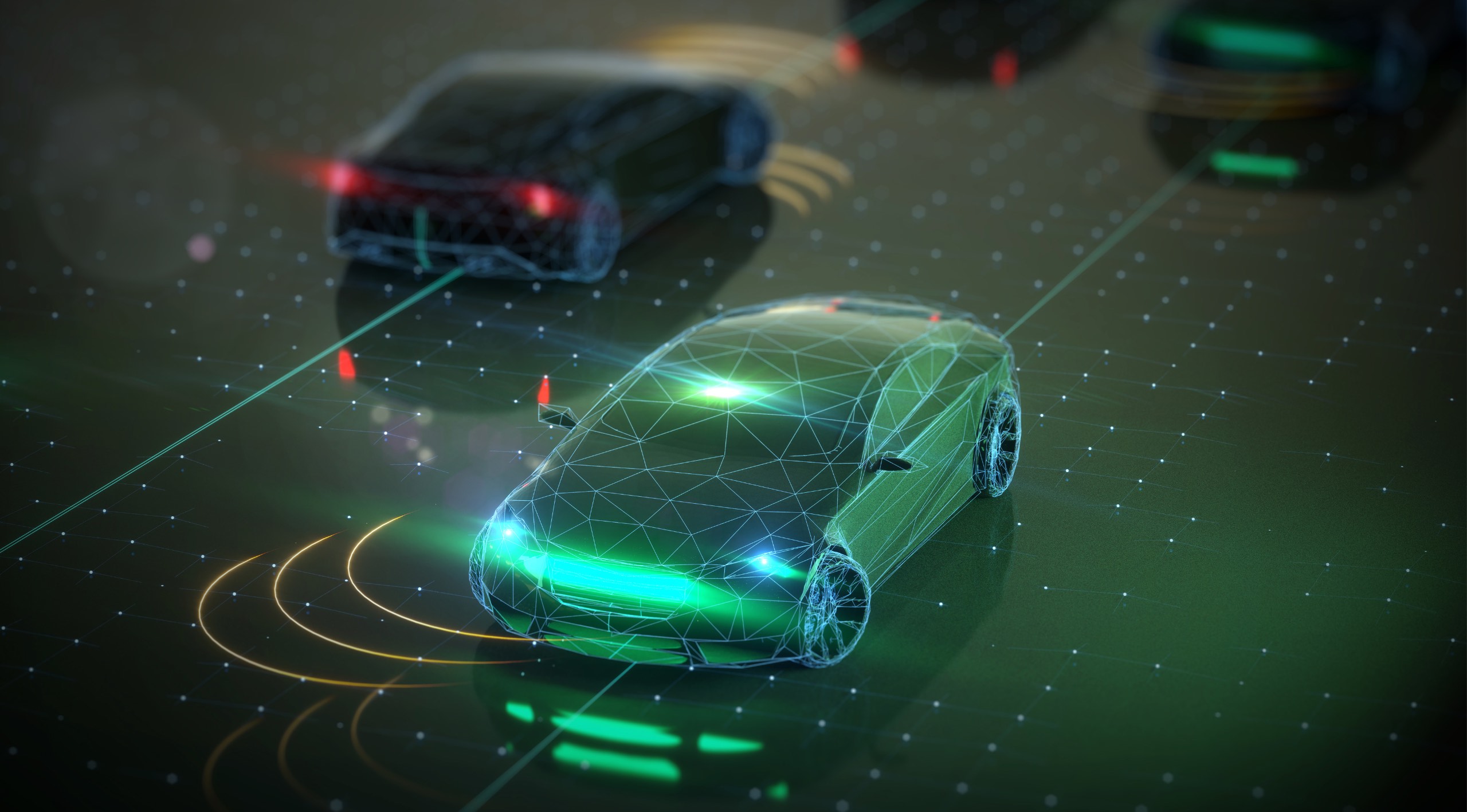Electronic Engineering for Intelligent Vehicles
Autonomous Driving Engineering
25 SEATS
24 MONTHS
Bologna and Parma
English
For students aiming to become electronic engineers with a solid knowledge of the methods and tools used in the development of intelligent transportation systems.
The Autonomous Driving Engineering (ADE) curriculum is part of the Master in Electronic Engineering for Intelligent Vehicles (EEIV).
The specific goal of the ADE curriculum is to provide future engineers with a solid knowledge of the methods and tools used in the development of intelligent transportation systems. In particular, this includes knowledge of software and electronic systems widely used in intelligent vehicles for: sensing the environment, processing sensor data, planning driving actions and manoeuvres, and driving a vehicle.
During the first year courses are offered to strengthen students’ background knowledge on topics such as “embedded” and “real-time” electronic systems, automotive sensors, automatic control, vehicular radio communications, machine vision and deep learning.
The second year complements and specializes the first year, introducing students to electronic technologies and devices for automotive systems and offering various electives on advanced driver assistance systems, vehicle path planning and control, sensors for perception, simulation environments and HMI, and machine learning for autonomous driving.
Graduates will be able to deal with concepts, methods, and architectures used to enable advanced driver assistance systems up to fully autonomous driving. They will also be able to participate in concept development, specification definition, design and implementation of end-user safety systems, intelligent transportation systems based on perception devices, algorithms, planning and control strategies.
The first academic year is located at the Department of Electrical, Electronic, and Information Engineering Guglielmo Marconi (Bologna Campus), while the second academic year is located at the Department of Engineering and Architecture (Parma Campus).

Topics
- Advanced automotive sensors
- Hardware-software design of embedded systems
- Image processing and computer vision
- Deep learning for engineering applications
- Statistical signal processing
- Autonomous driving and ADAS technologies
- Visual perception for self- driving cars
- path and trajectory planning


